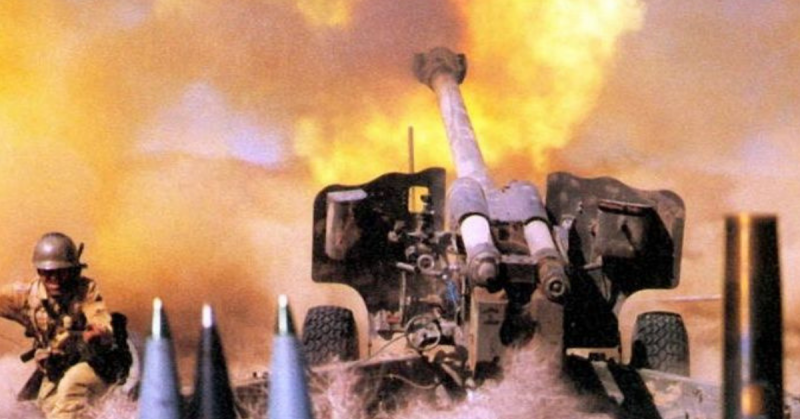1862: President Abraham Lincoln Issues the Emancipation Proclamation
Following the Union victory (draw) at Antietam (Sharpsburg), the President’s proclamation freed all slaves who were still in Rebel-held territory. This was based on vacancies of seats in the U.S. Congress. While this measure did not free all slaves, it did place slavery front and center in the Civil War.
Read another story from us: Abraham Lincoln – The Civil War President
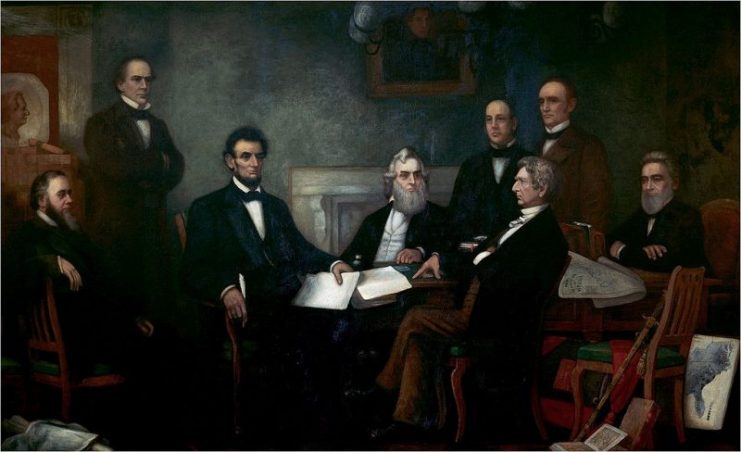
1864: Union Won the Battle of Fisher’s Hill in Virginia and Took Control of the Shenandoah Valley
Fisher’s Hill was the key to defending the lower valley during the American Civil War. Nicknamed “The Gibraltar of the Shenandoah Valley”, it was a great defensive position for the battered Confederate army to make a stand. General Jubal Early didn’t have enough men to defend it. He stood with 9,500 men against Sheridan’s 35,000. Their victory was a resounding success for Sheridan and the Union.
Read another story from us: Best Union Generals Not Named “Grant” and “Sherman” – We Picked 3
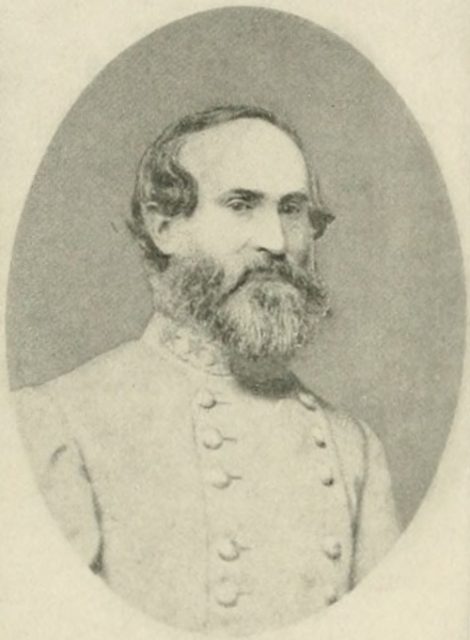
1914: The German Cruiser Emden Shells the Port of Madras in British India
During WWI, the Emden had a long track record of making hit-and-run attacks on British shipping lanes. This ship would continue to sink over 30 freighters even with its enemies actively searching for it in great numbers. Its captain, Karl von Müller, had a reputation for rescuing the crews of the enemy ships he sank. For this particular attack, he deliberately waited for night to fall in order to minimize casualties at the port. As a result, only 6 people were killed by the shelling.
Read another story from us: SMS Emden and Her Crew have Inspired 100 Years of Film and Stories
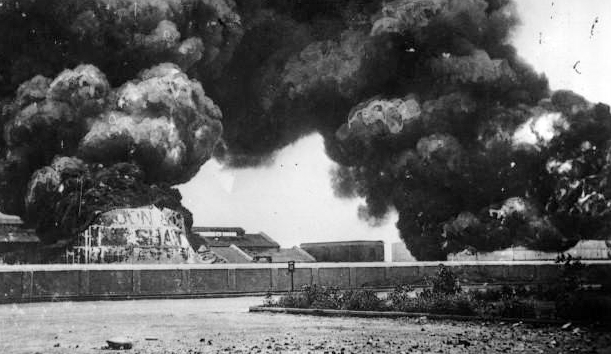
1914: German U-boats Sink 3 British Ships in Under an Hour
German U-boats would prove their worth during wartime when the U-9 engaged and sank 3 British Ironclads in the North Sea in under one hour: the cruisers Aboukir, Hogue, and Cressy. This attack ushered in a new era of naval warfare and the British Navy hastily began measures to combat this new threat to the seas amid public outrage.
Read another story from us: Silent Hunters in Blue Waters – German U-Boats in the Caribbean
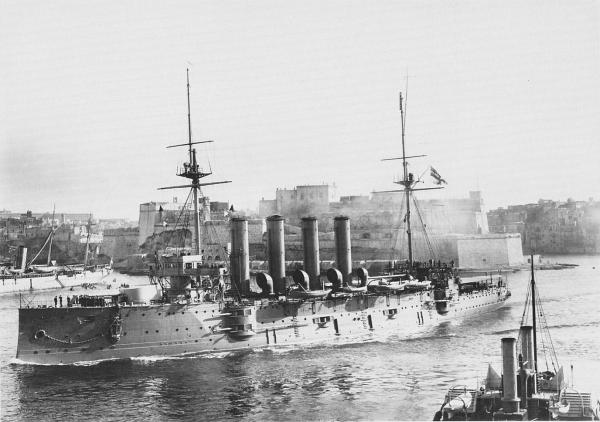
1980: Iraq Invades Iran
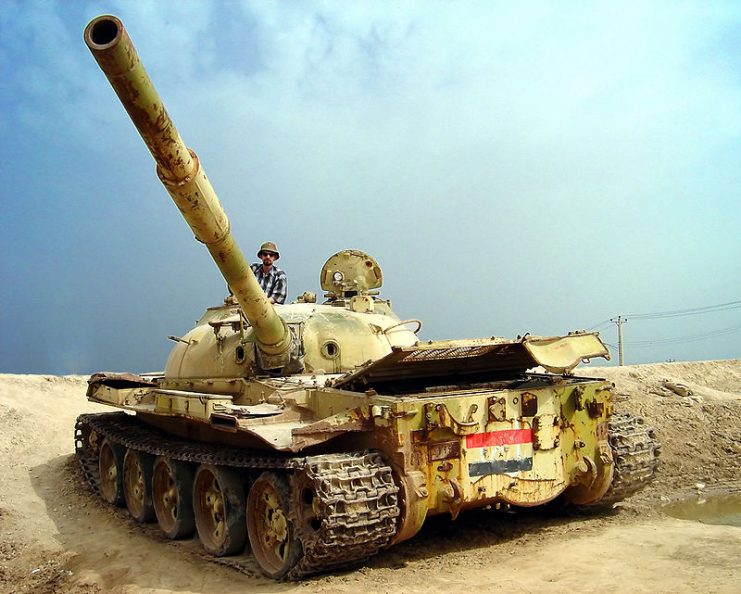
Read another story from us: Folly and Futility: The Iraq-Iran War 1980-1988
The invasion marked the beginning of the 20th century’s longest conventional war. Saddam Hussein ordered the invasion under the guise of a territorial dispute, but religious conflicts and other diplomatic issues played a significant role in the conflict. The international community largely stayed out of the conflict other than helping to secure the free flow of oil from the Persian Gulf to world markets.
